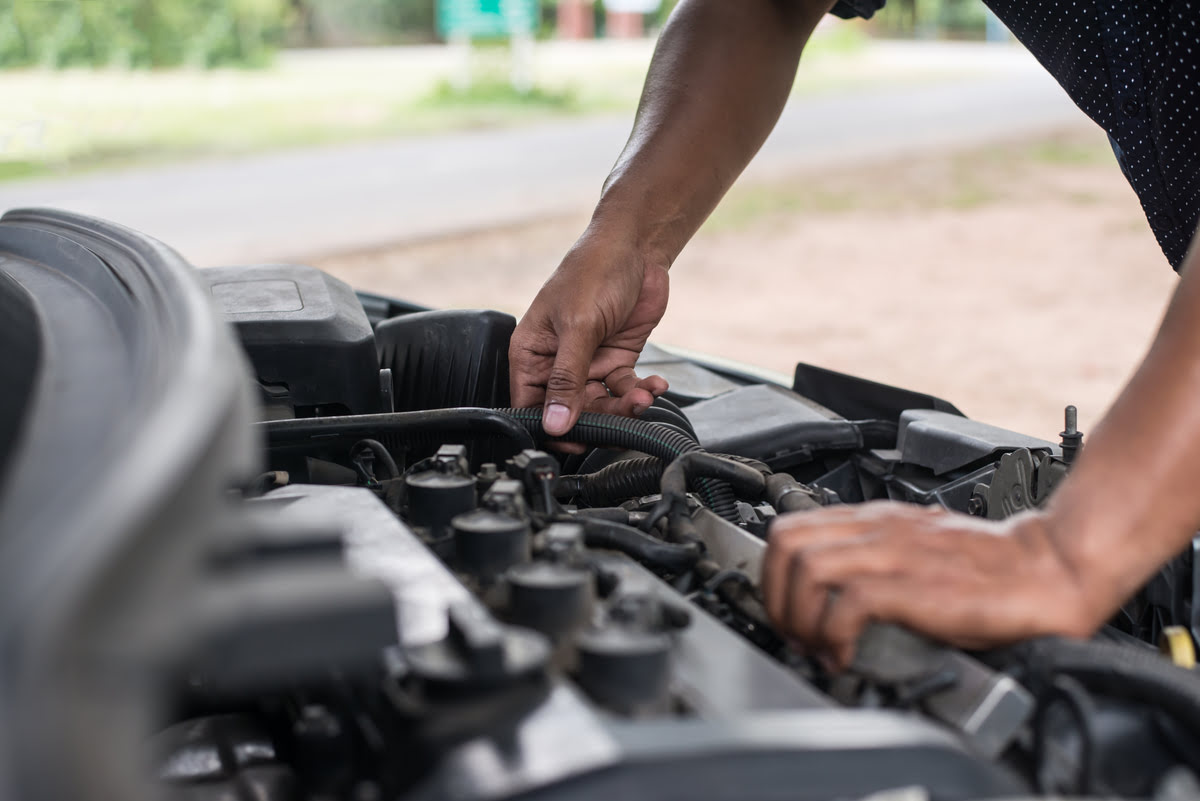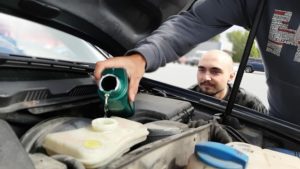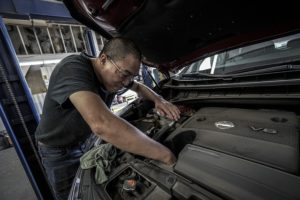Dyno tuning is a way of measuring your vehicle’s engine output. It’s an important way of understanding how well the vehicle is performing by measuring horsepower, torque, and the air-fuel mixture. Based on the results, your mechanic can then adjust your engine to meet your exact requirements for that perfect driving experience. In this blog post, we’re going to highlight exactly when you should take your vehicle in for dyno tuning.
Reasons for Undergoing Dyno Tuning
As your vehicle ages and is used more and more, the engine becomes increasingly inefficient. This happens as dust and dirt enter the engine, but also through the wearing of the parts as they repeatedly heat and cool. Dyno tuning can also enable you to spot potential issues at the earliest stage, allowing you time to make changes to your vehicle before it turns into a costly repair job.
For car enthusiasts and racing drivers, dyno tuning is an important part of ensuring their vehicle meets the peak performance requirements they need to succeed. For most drivers, this is a bit extreme, but similar principles apply to both racing drivers and everyday commuters.
How Does Dyno Tuning Work
Dyno tuning allows mechanics to take a systematic approach to engine tuning. Firstly, the technician will usually interview the vehicle owner to get an understanding of how the vehicle is primarily used. This will help determine how the vehicle should be tuned to meet the owner’s demands. What problems are they facing? Do they require greater power? Or are they concerned about how much gas the vehicle is using?

Next, the technician will check the engine compression for any issues, making sure that there are no technical issues such as burnt wires, clogged up carburetors, and or broken vacuum lines. If there is any damage in these areas, the parts will likely need to be replaced.
The distributor is then tested thoroughly, ensuring that it works under usual operating conditions. The centrifugal advance rate may be modified at this point to ensure it is spinning correctly. This is where the technician can adjust the distributor to optimize the vehicle’s gas mileage settings. This part also includes checking the ignition to ensure there are no damaged parts or loose connections.
Lastly, your vehicle will be placed on a dynamometer, which mimics different conditions to ensure that your vehicle is running correctly. By mimicking several different real-life scenarios, the dynamometer ensures that your vehicle is tested to all its capabilities. The circuit of the carburetor is tested. Circuit adjustments are also made at this point to provide the best possible efficiency for your vehicle’s engine.
For every dyno tuning, you will receive a report that specifies where your vehicle needed improvements made. While the tuning can improve many areas, some may need extra work after the dyno tuning is finished. Your technician will talk you through this report and explain your options should you need any further work done on your vehicle.
Dyno tuning is a great way to ensure your vehicle is running to full capacity and for spotting any issues before they become major problems. Not only does it ensure a smoother ride, but it also saves you money in the long run by making your vehicle more fuel-efficient and reducing the need for costly repairs. If you’re looking for trusted experts to dyno tune your car, give us a call here at JD’s Auto Repair. We tune every vehicle to the specific requirements of the vehicle owner to ensure they run as optimally as possible.




